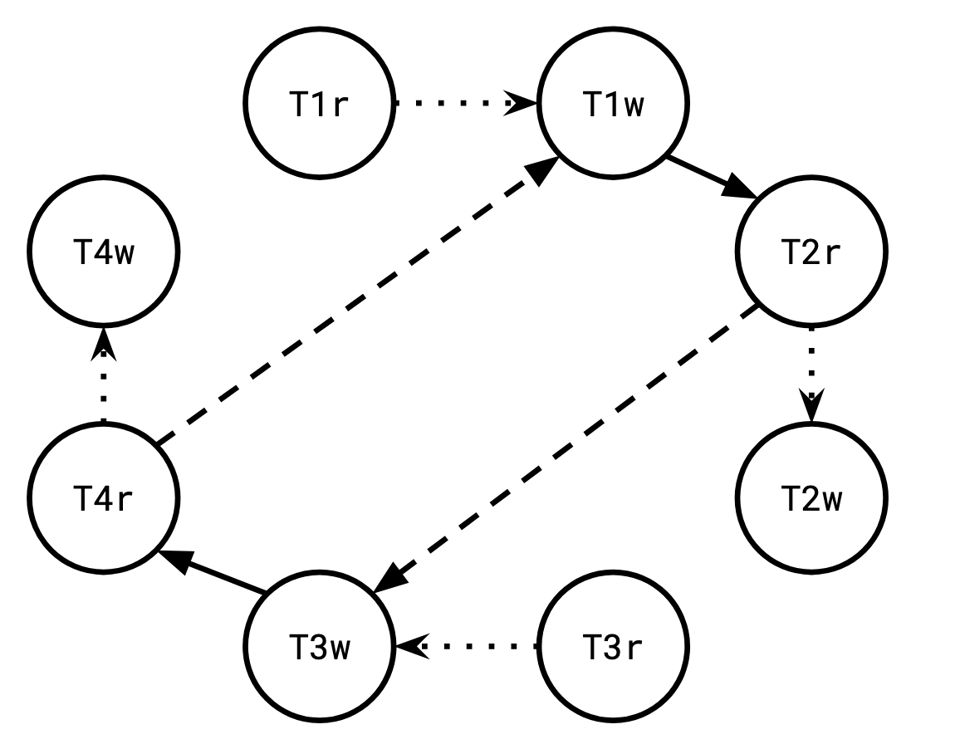ax = 1 (mod p)
px = 0 (mod 0)
And then solve by subtracting multiples of one from another until you get something of the form "1x = x (mod p)", in Euclidean-algorithm-style steps.
ax = 1 (mod p)
px = 0 (mod 0)
And then solve by subtracting multiples of one from another until you get something of the form "1x = x (mod p)", in Euclidean-algorithm-style steps.




epicpikaguy.itch.io/sea-magic

epicpikaguy.itch.io/sea-magic


